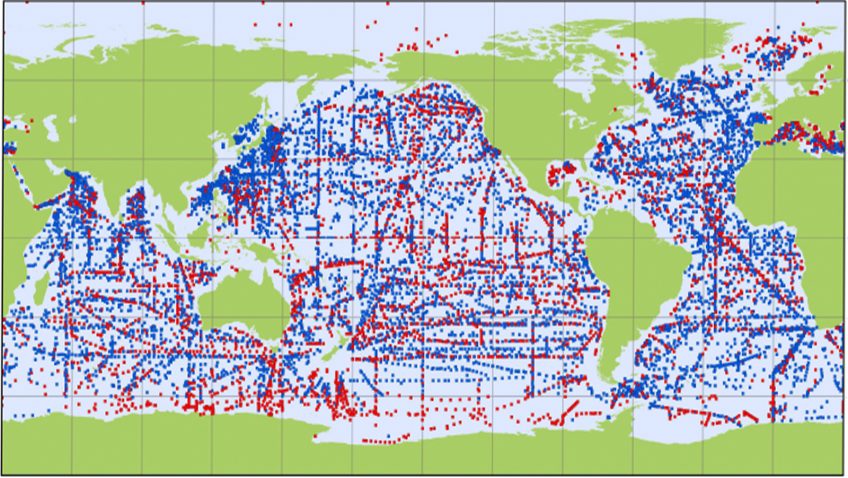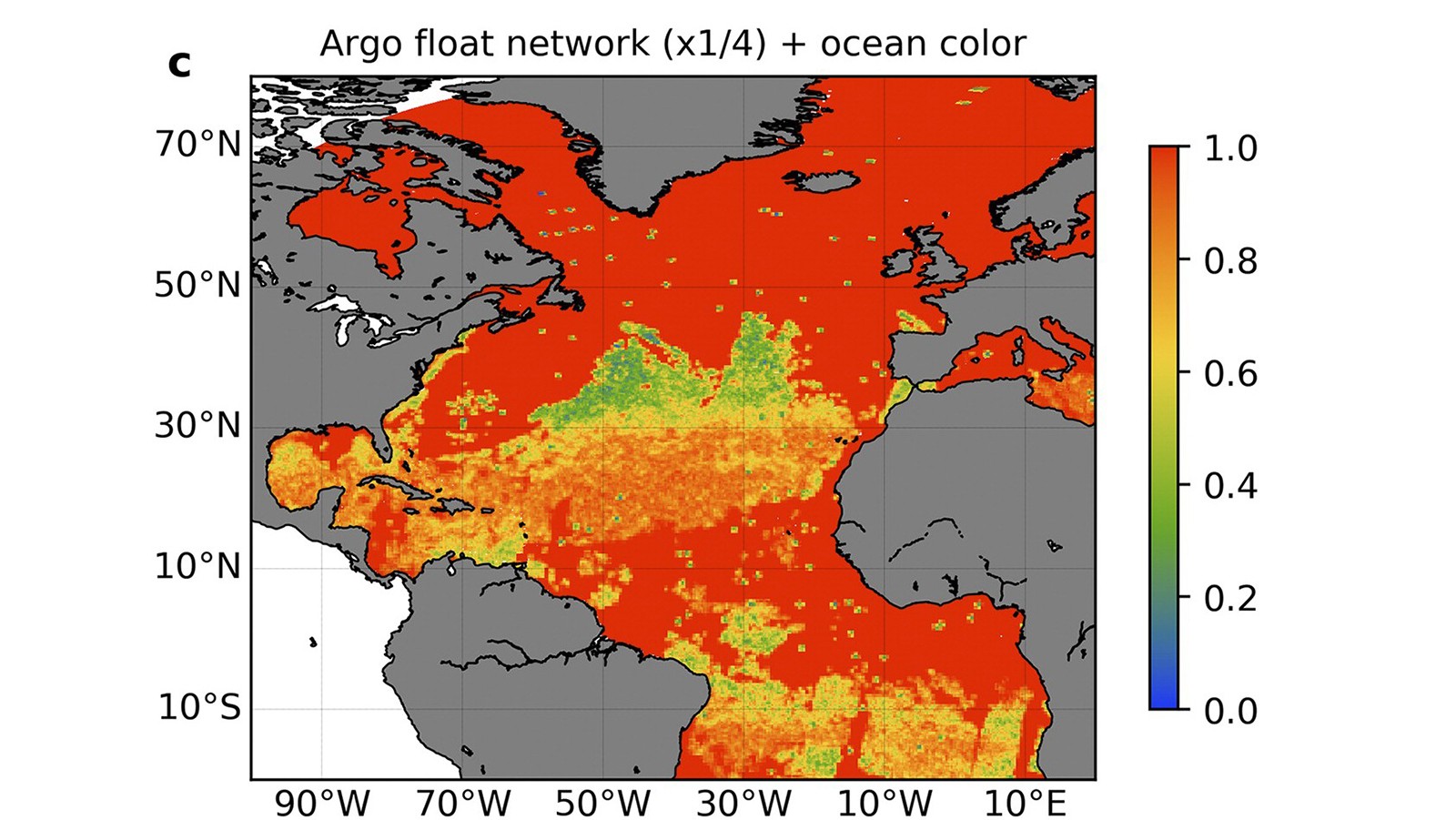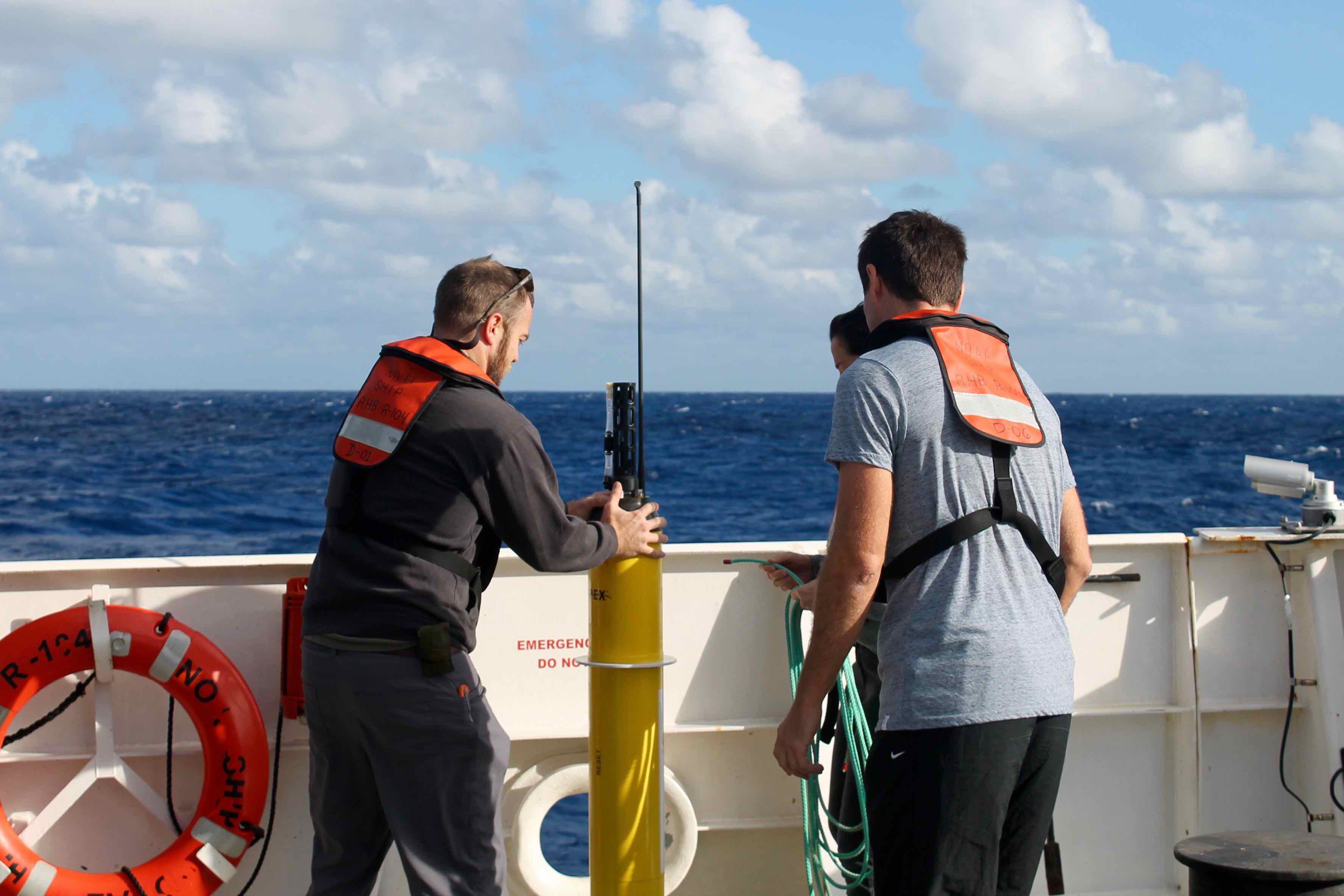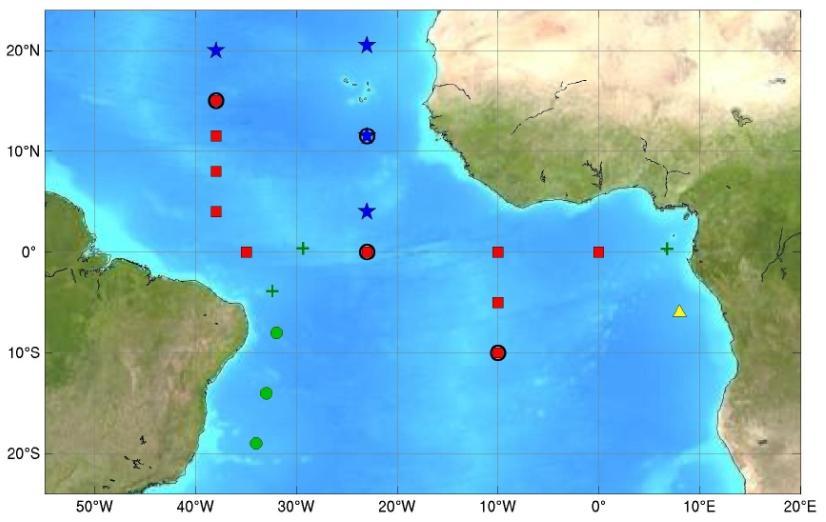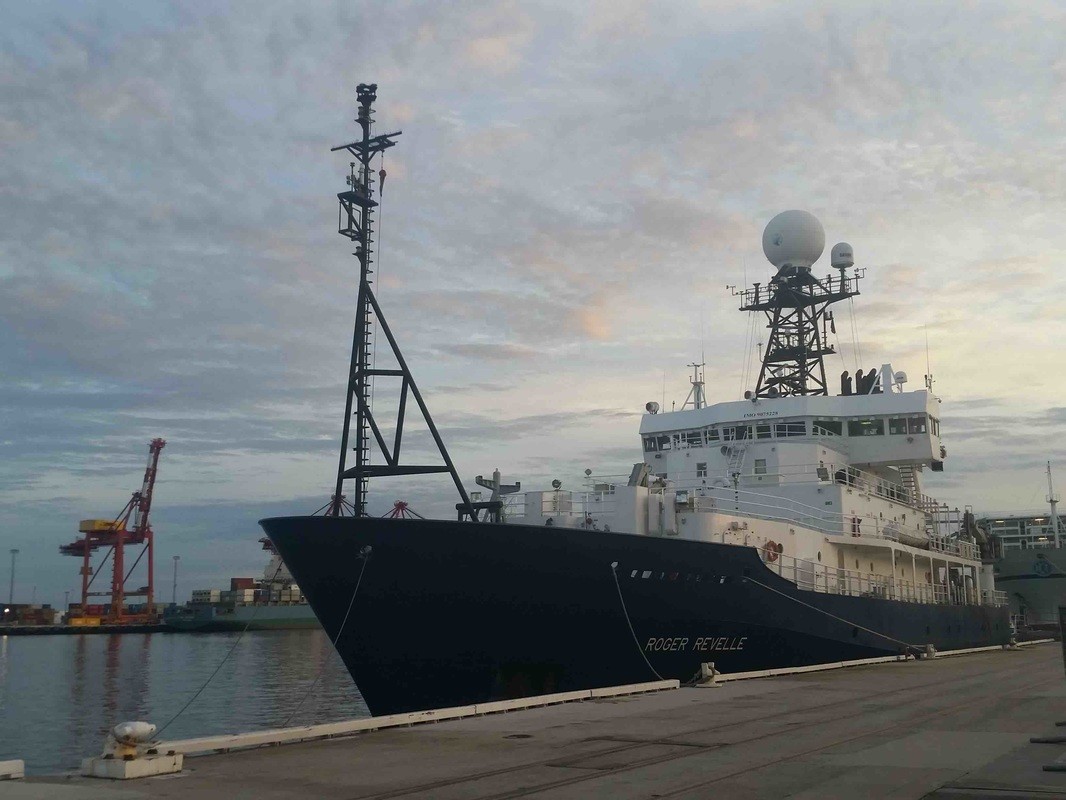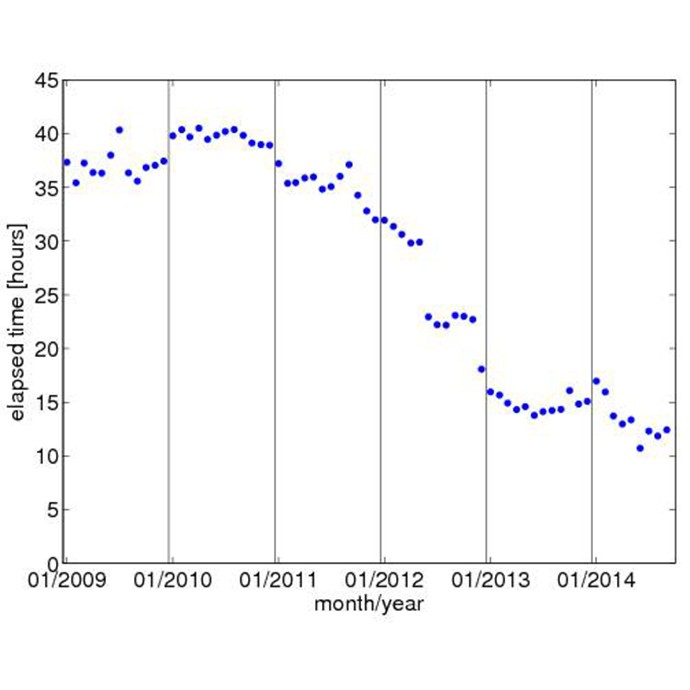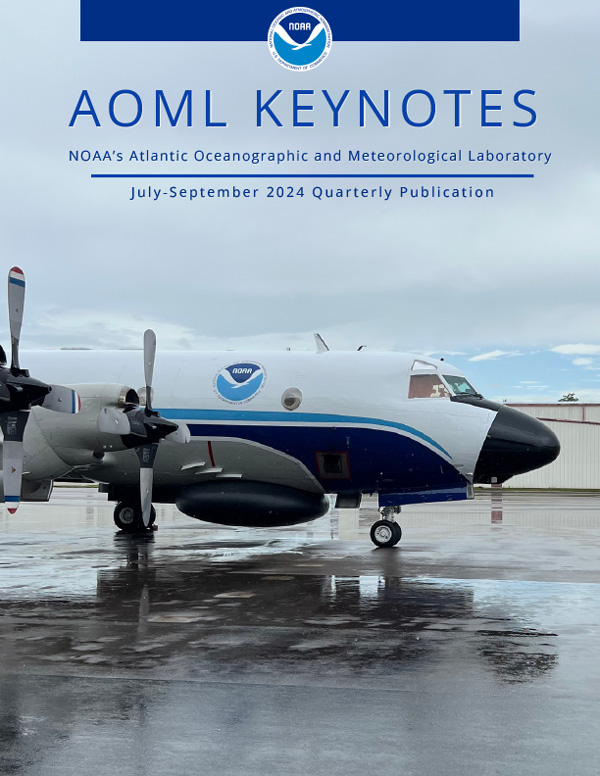The Argo Program: Two Decades of Ocean Observations
In a recent article published in Frontiers in Marine Science, the history of the Argo program is examined and discussed. The Argo program began in 1998 when a team of international scientists, known as the “Argo Science Team,” proposed the idea for a global array of autonomous floats to obtain temperature and salinity measurements of the upper 2,000 meters of the global ocean. The new array of floats, called Argo, would go on to be endorsed as a pilot program of the Global Ocean Observing System and be used to fill in the large data gaps in ocean observations.
